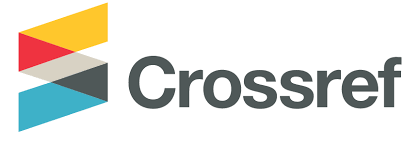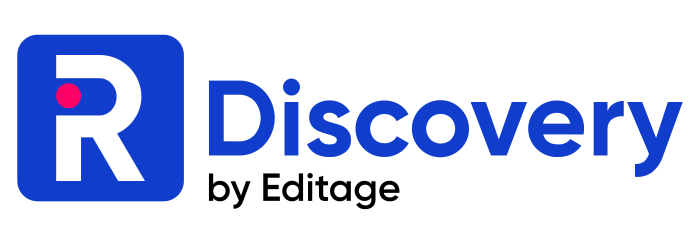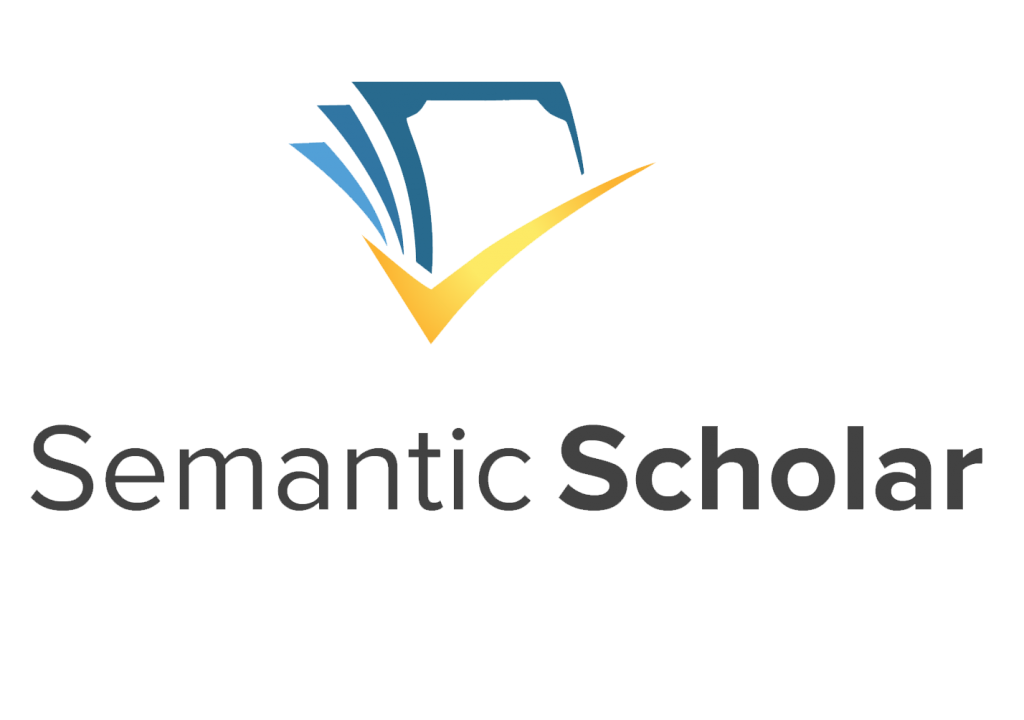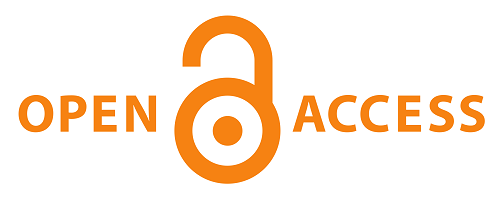Evidence-Based Pathways for the Internationalization of Taijiquan
DOI:
https://doi.org/10.57612/JS25.JTS.04.06Keywords:
Taijiquan, Evidence-Based Medicine, Randomized Controlled Trial, Rehabilitation, Meta-analysisAbstract
Taijiquan embodies martial, health-promoting, and cultural values. In recent years, Evidence-Based Medicine (EBM) has provided a scientific framework to validate its health benefits. A growing body of randomized controlled trials (RCTs) and systematic reviews/meta-analyses has demonstrated robust evidence for Taijiquan in fall prevention, balance enhancement, blood pressure regulation, and mental health among older adults, with additional promising signals in Parkinson’s disease, stroke rehabilitation, cancer recovery, and chronic disease management. Within the EBM framework, this paper systematically reviews the existing evidence, compares research and dissemination pathways across the United States, Europe, and China, and analyzes methodological limitations, instructor training, data sharing, and policy barriers. Based on this analysis, six major internationalization pathways are proposed: academic institutionalization, educational integration, societal adoption, medical incorporation, and collaborative research communities. Overall, Taijiquan is undergoing a critical transition from cultural heritage to evidence-based intervention. Its scientific and international development holds strong potential to contribute to healthy aging and global public health goals.
Downloads
Downloads
Published
Issue
Section
License
Copyright (c) 2025 Shudong Li, Michelle Ahl (Author)

This work is licensed under a Creative Commons Attribution 4.0 International License.
All articles are permanently available online to the public without restrictions or subscription fees. All articles are free to be used, cited, and distributed, on condition that appropriate acknowledgement is included. Authors are the copyright holders of their original contributions. The published article is simultaneously licensed under a Creative Commons (CC) Attribution License. “A CC license is used when an author wants to give people the right to share, use, and build upon a work that they have created” Wikipedia.

















